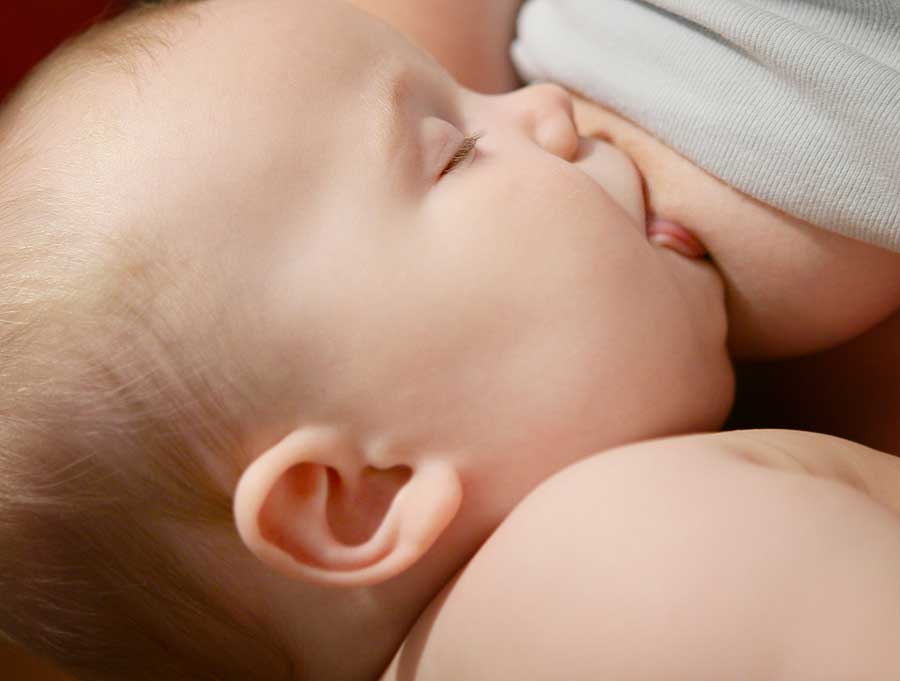Boston – According to a study released by Harvard T.H. Chan School of Public Health on August 20th, breastfeeding may expose infants to industrial chemicals linked with cancer and interference with immune function.
The perfluorinated alkylate substances, or PFASs, are transferred to babies by 20% to 30% each month while their mother breastfeed them.
“We knew that small amounts of PFAS can occur in breast milk, but our serial blood analyses now show a buildup in the infants, the longer they are breastfed,” said Philippe Granjean, adjunct professor of environmental health at Harvard Chan School.

“There is no reason to discourage breastfeeding, but we are concerned that these pollutants are transferred to the next generation at a very vulnerable age. Unfortunately, the current U.S. legislation does not require any testing of chemical substances like PFASs for their transfer to babies and any related adverse effects,” Grandjean said.
PFASs are compounds regularly found in the blood of animals and humans worldwide and have been linked to cause reproductive toxicity, endocrine disruption and immune system dysfunction. However, they are not as bad when used to other purposes such as making products resistant to water, grease and stains.
The experiment
The scientists looked at levels of five types of PFASs in the blood of 81 children who were born in the Faroe Islands, from 1997 to 2000. They also looked at PFASs levels in the mothers of the children at week 32 of pregnancy.
The children who were exclusively breastfed had 20% to 30% more concentration of PFAS each month, while the children who were partially breastfed had lower increases.
When the breastfeeding ended, some of the children had higher PFASs concentrations in the blood than their mothers. However, after breastfeeding was stopped, concentrations of all of five types of PFASs started to decrease.
Source: Harvard T.H. Chan School of Public Health
